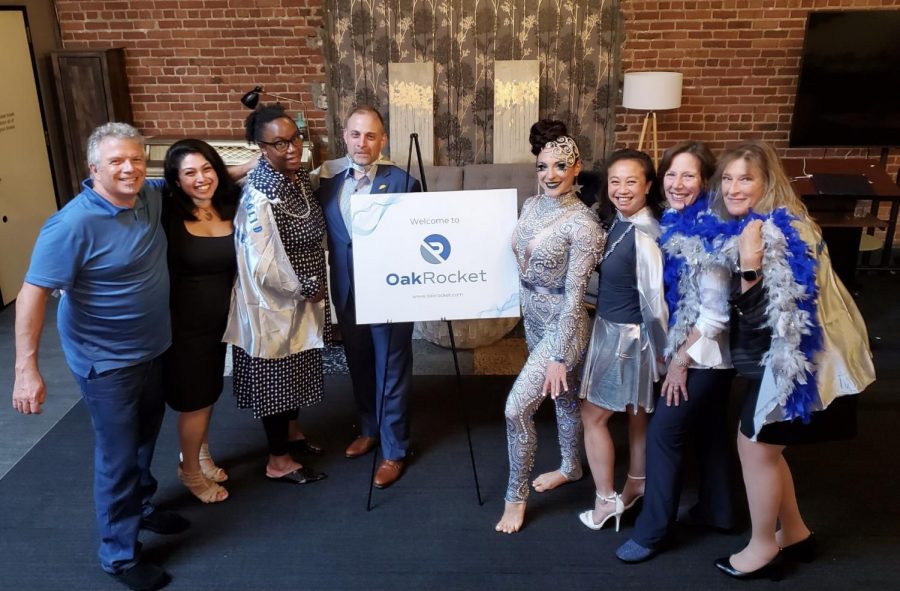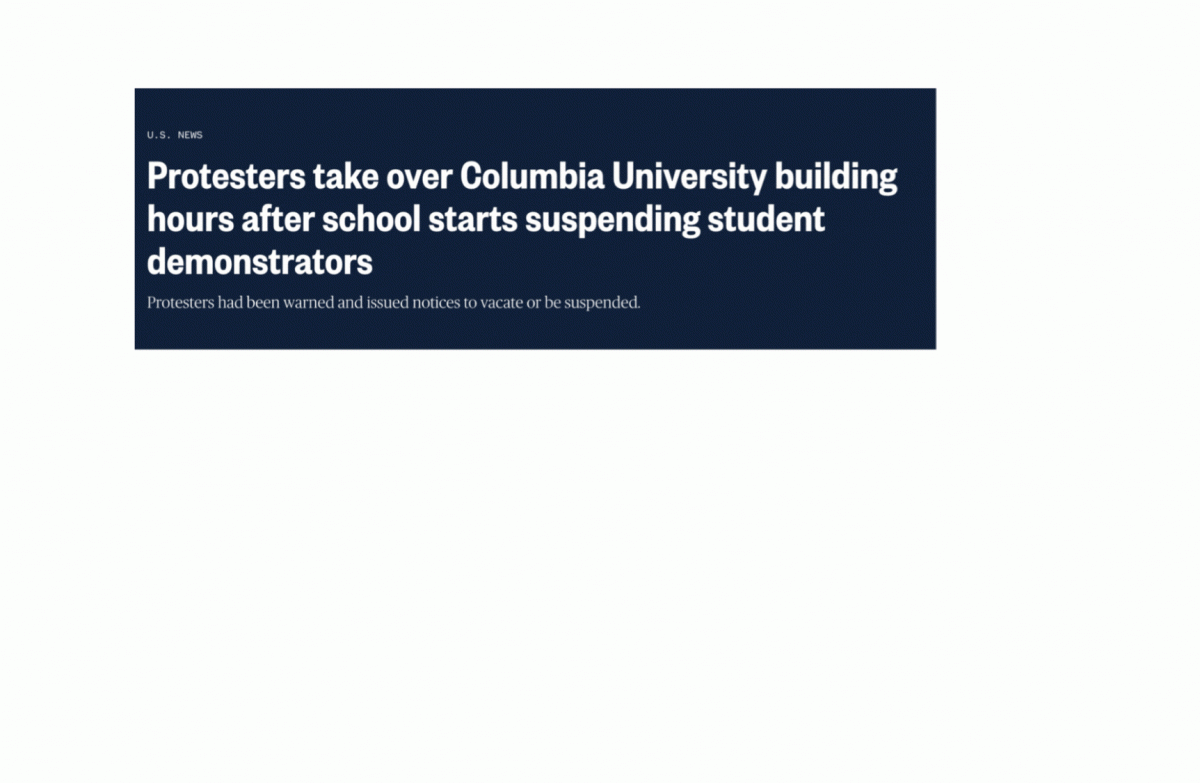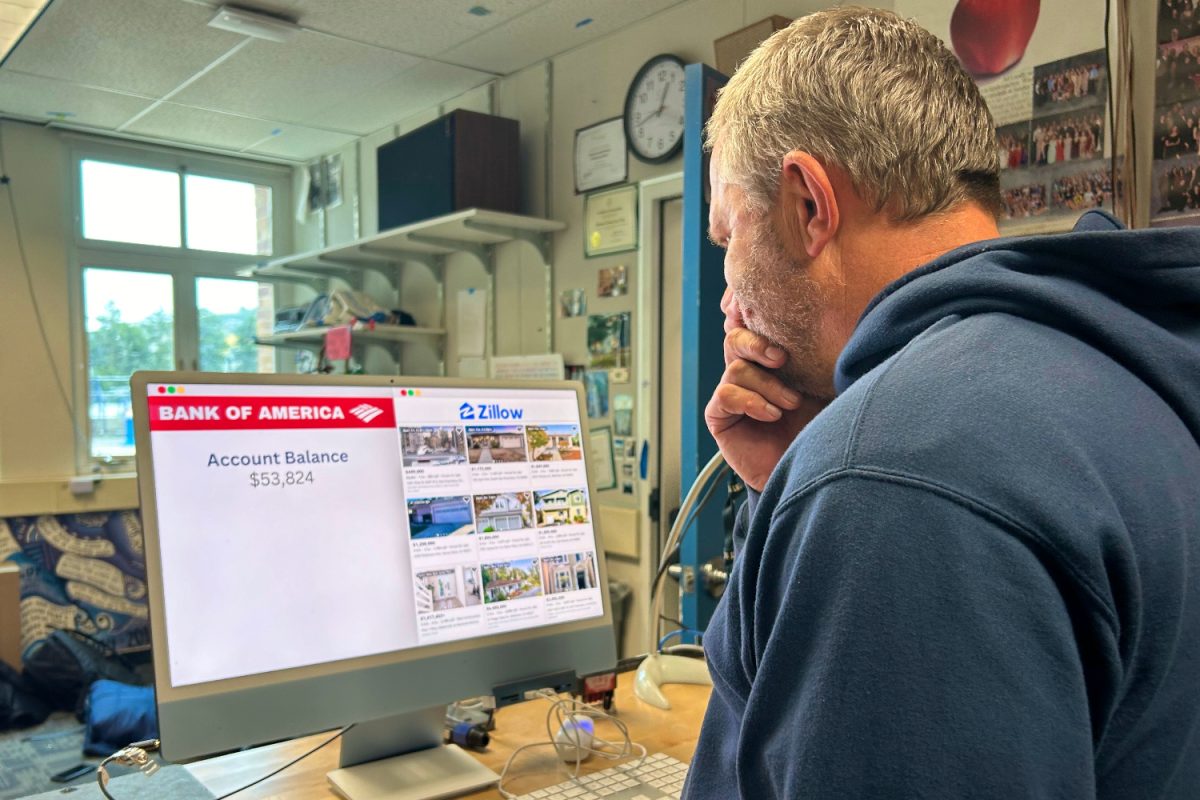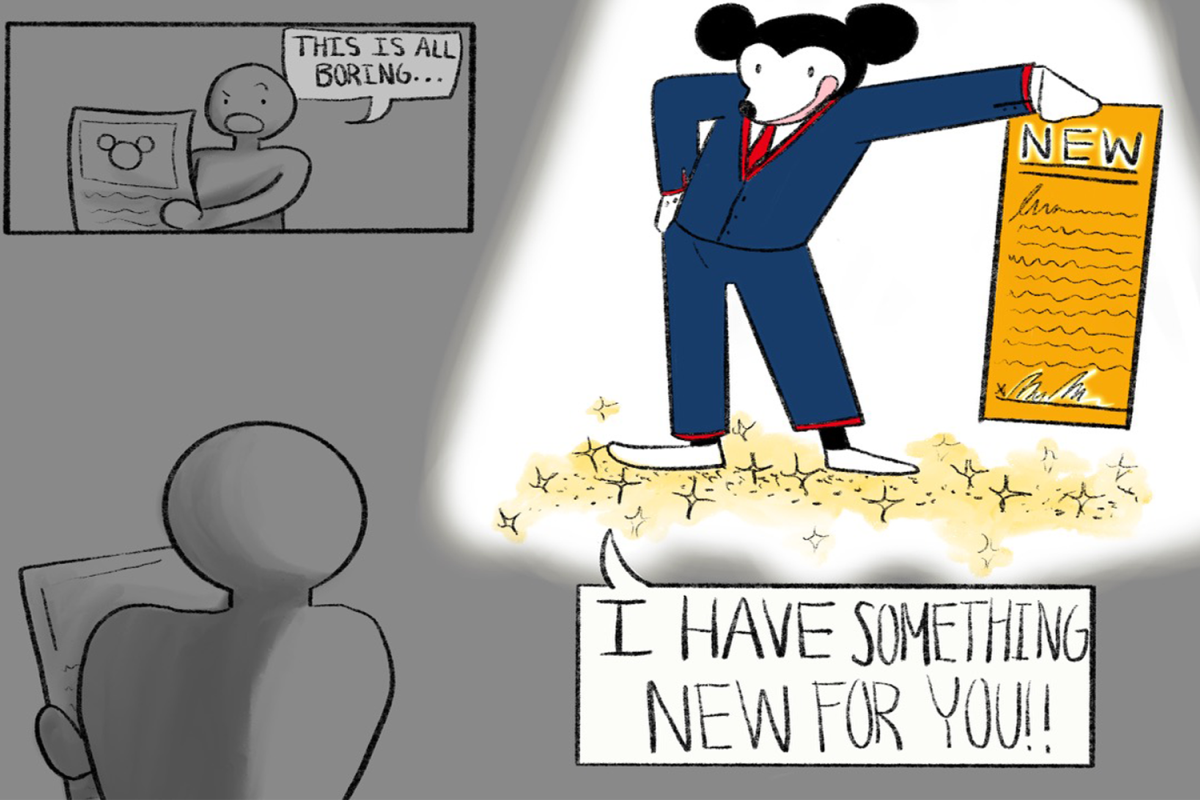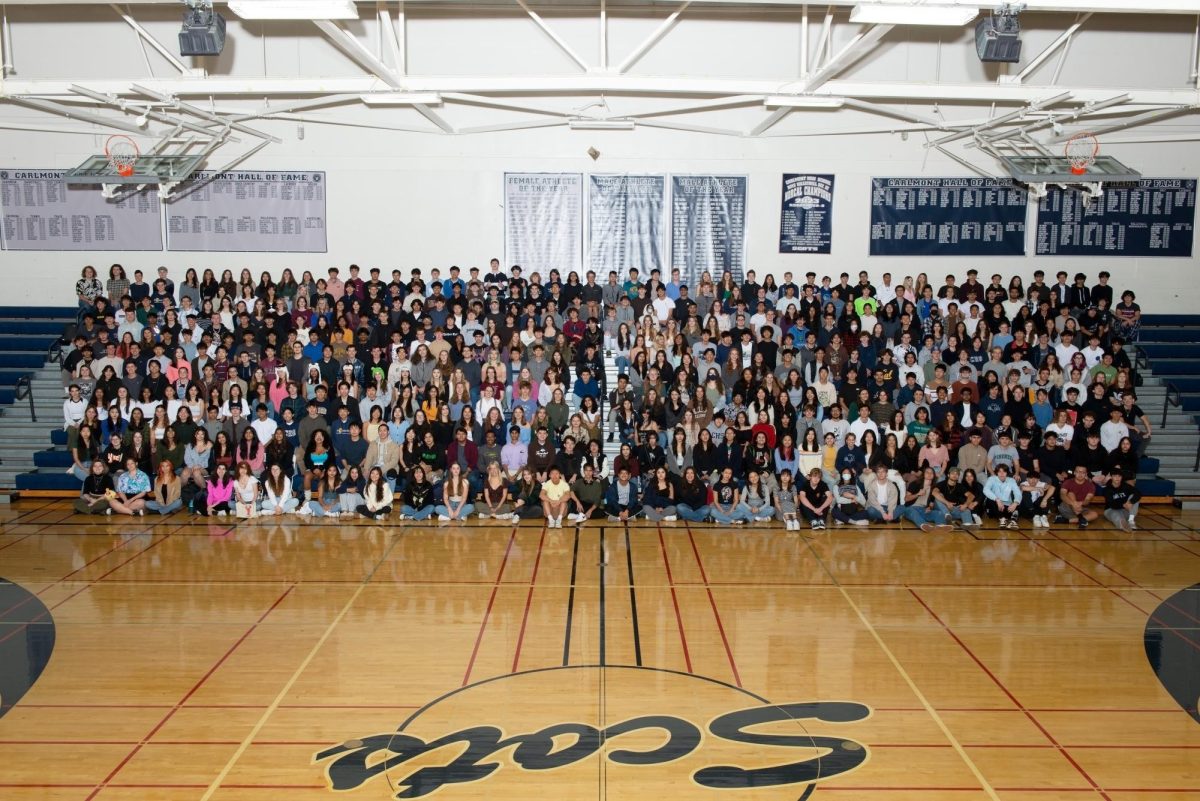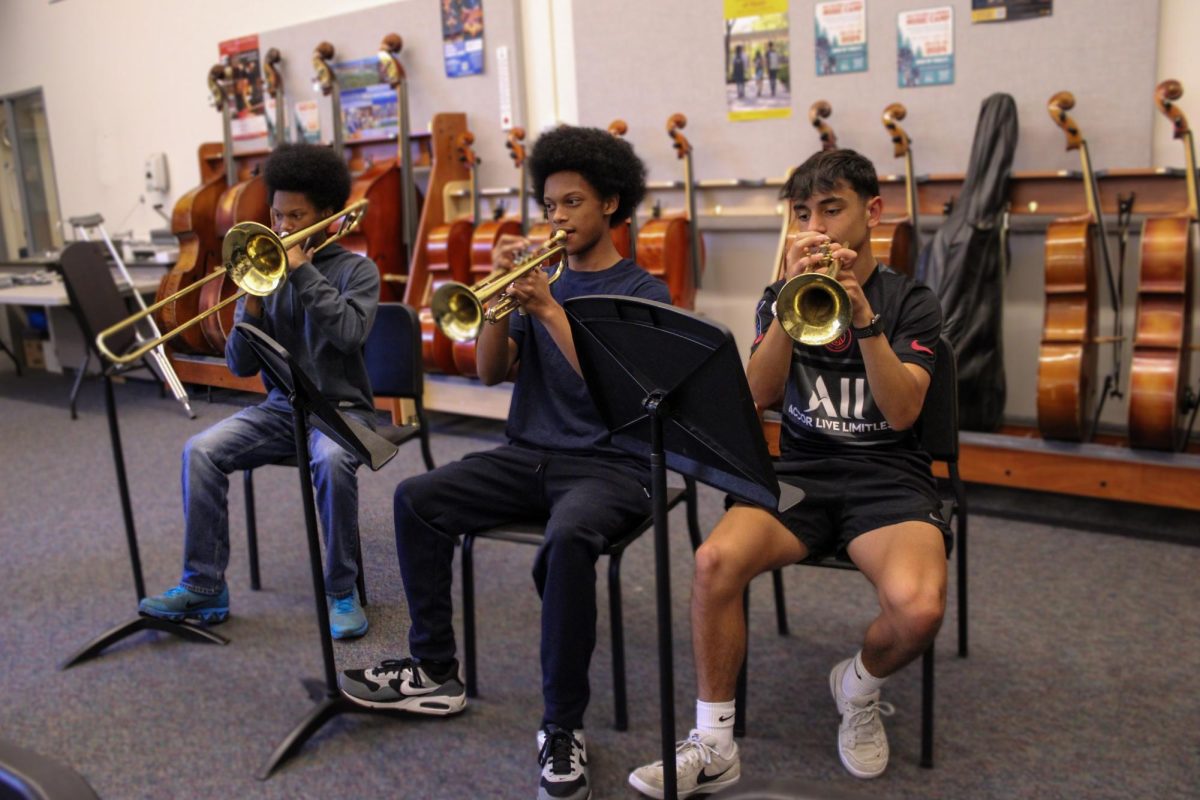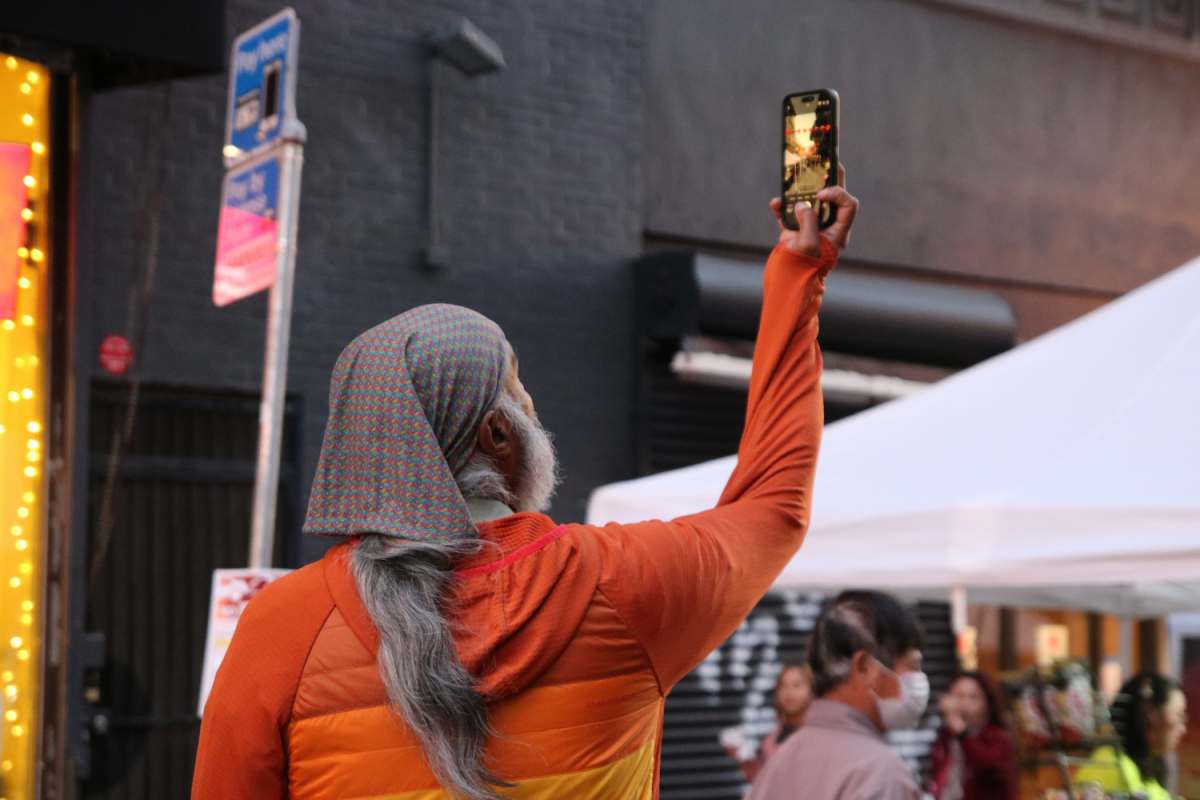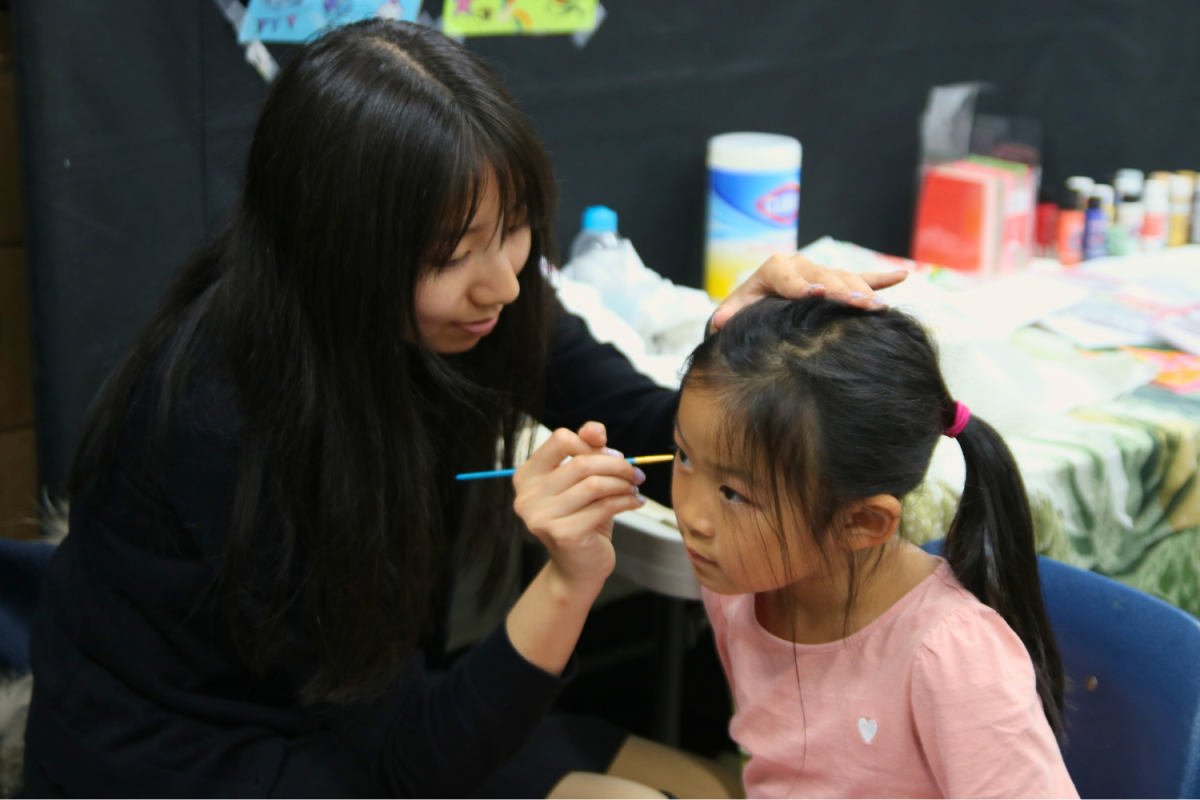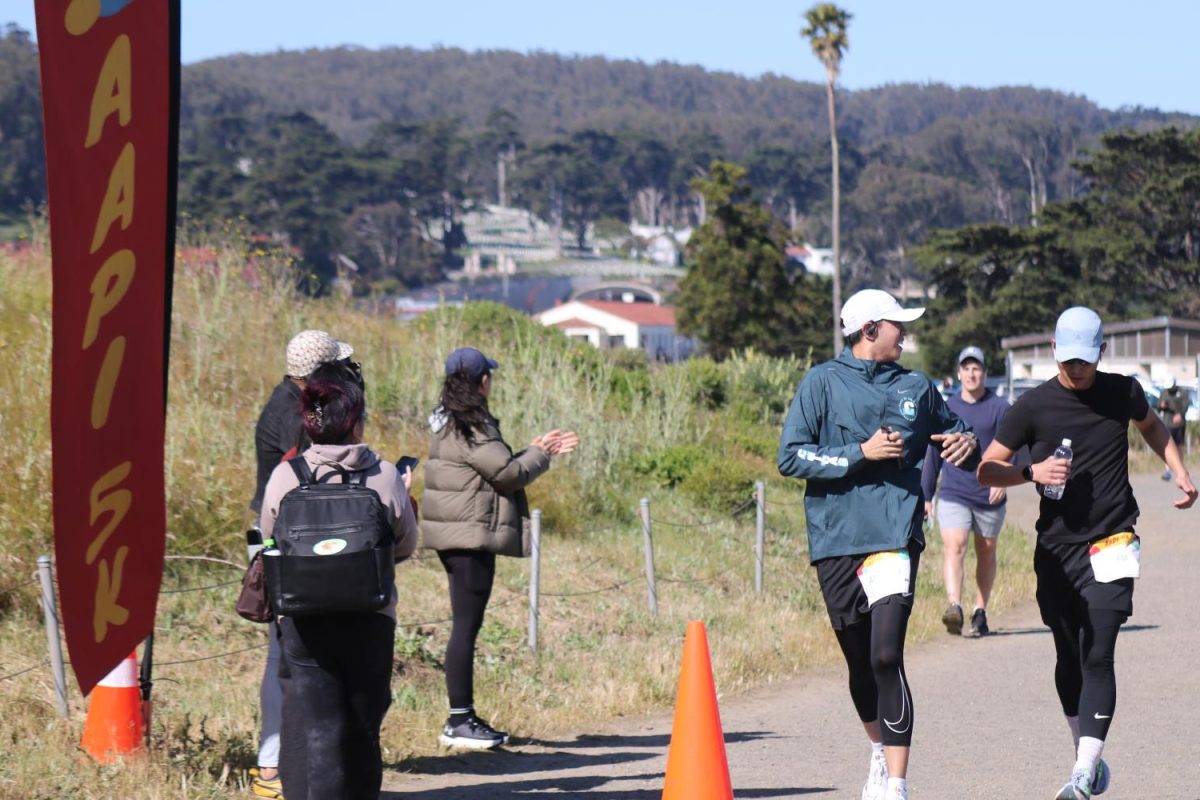“Well, what do you know about doing business?” was the response she received when she first became an entrepreneur.
Three years later, after establishing a successful company and beginning to win awards, she heard something different.
“You’re actually a real company! Now can I have 25% of it and start working with you?”
Female entrepreneurs are often in similar situations as Dao Jensen, the founder and CEO of Oak Rocket, who faced doubtful comments about her abilities when she first decided to start a business.
Oak Rocket, previously Kaizen Technology Partners (KTP), recently moved headquarters to Austin, Texas, and focuses on optimizing cloud platforms. The company is a bootstrapped business built up with little investment and has received recognition for the past five years in the 2021 Inc. 5000 List, the most prestigious ranking of the fastest-growing private companies in America.
The success was not easy. Given that Oak Rocket was her first company, Jensen faced various daunting challenges, such as filing all the legal documents and taxes and making those first sales.
“I think the hard part was being able to be counted as a real company or to be able to have someone to sponsor you and say ‘Yes, even though she doesn’t have a track record, we believe in her business ethics or her value proposition,’” Jensen said.
Furthermore, as an entrepreneur of Vietnamese descent, Jensen’s obstacles did not stop at the basics of establishing a business. Oak Rocket is part of the technology industry, where the female to male ratio is even lower than in other sectors.
“Some males and females look at you and say, ‘Well, what do you know about doing business,’ especially as a minority woman,” Jensen said. “The technology world is very male-dominated; there are very few women minority companies, so the bigger piece, probably the worst, is people not believing in you.”
Even as a junior in high school, Mallika Agrawal has noticed the female underrepresentation in science, technology, engineering, and mathematics (STEM) fields.
“The numbers in technology are just astounding. You have not even just a minority of girls in STEM; it’s about 5% even in certain fields,” Agrawal said. “It’s not because we’re any less capable of going into STEM — it’s because of the perception, what we’ve been told, and the number of opportunities.”
Agrawal hopes to pursue business in the future but notices a trend in how others’ views and evaluation of women and young girls entering the field would significantly impact their perception of themselves, changing the career they decide to pursue.
At the end of the day, a lot of it is shaped around what other people have told you to go into, what other people have welcomed you with open arms into, and what they’ve blocked from your mind.
— Mallika Agrawal
“You’re being told ‘You’re probably great at English’ or ‘Don’t worry too much about STEM’ or ‘Business might not be right for you.’ All those things are what shapes your perception of what you’re good at,” Agrawal said. “I definitely think your interests matter, but at the end of the day, a lot of it is shaped around what other people have told you to go into, what other people have welcomed you with open arms into, and what they’ve blocked from your mind.”
Recently, the barriers against females in fields like STEM and business have gained more recognition and outrage. This past year, protesters swarmed the streets worldwide to march for greater equality and less discrimination. But after months of rallies, the results were minimal.
Although there was a slight improvement in numbers, minority female representation in business remained largely unaffected by the urges for change. According to a Bloomberg study earlier this year, most companies were nowhere close to equalling the U.S. population in its percentage of minority female groups in management, professional, and other worker positions.
Even in industries like social services and hospitality, where more women hold higher positions, the female-to-male ratio is still low. Alice Finkelstein, a junior, noted the importance of having equal numbers in the workplace.
“I think that both females and males have a lot to offer, so if you exclude one of them, then there’s not going to be as many innovations,” Finkelstein said. “For the student population specifically, students don’t have as much to look up to. If you’re a female student interested in pursuing business, that can also be a little bit discouraging.”
Finkelstein started her business during the pandemic, selling handmade jewelry and donating her profits to charitable organizations. For Finkelstein, entrepreneurship offers an opportunity to exercise business skills while providing for those in need.
“Not only has it developed my creative side, but it’s also allowed me to have more of a purpose in life,” Finkelstein said. “I would say it’s still quite a few people’s lives that I impact through sending the notes and hearing their responses or through giving the donations and helping provide meals.”
While passion drives Finkelstein to continue her jewelry business, she recognizes how some females think they do not belong in certain industries — ideas society placed on them.
“A lot of the time, females are a little bit discouraged from joining as if it’s something very big and not necessarily meant for them or that they’re not able to take it on, and that’s the belief that they have so they don’t end up pursuing it,” Finkelstein said.
Agrawal expressed a similar sentiment.
“If you don’t see a lot of female CEOs or female people in business, then you’re less likely to believe that you can do it if you’re a female or minority,” Agrawal said. “Getting more representation is going to be so important to having more females in business.”
In hopes for more equal opportunities, Agrawal believes in women uplifting and empowering each other to become more successful.
“I hope for women to push each other instead of putting each other down, encouraging everybody to rise to the top,” Agrawal said. “The whole community, we need to gather together. We’re already seeing a great trend in more women going into business, so I think that that’s hopefully going to continue.”
Over time, there have been improvements, with more groups like C200 and Women Presidents’ Organization (WPO) established that provide role models for aspiring business students.
As an entrepreneur, we embrace our differences; it’s one of the things that makes us stick out.
— Dao Jensen
“It’s becoming easier for young women to have those mentors and women to talk to than before,” Jensen said. “I wouldn’t actually say there’s a lack of [female business figures]; I think in the end, it all comes to our confidence as women or minorities to reach out and asked for help, and we ask for people if we don’t know who they are or the organizations and ask people to introduce you to someone who does.”
After years of being an entrepreneur, Jensen found ways to overcome challenges and distinguished her company by turning what one might have thought was a negative into a positive.
“As an entrepreneur, we embrace our differences; it’s one of the things that makes us stick out,” Jensen said. “I think right now, especially during COVID-19 and the George Floyd incidents last year, this is a chance to really try to find a way to make a change in the world by giving more businesses to women entrepreneurs or minorities, underserved organizations and helping them thrive.”


